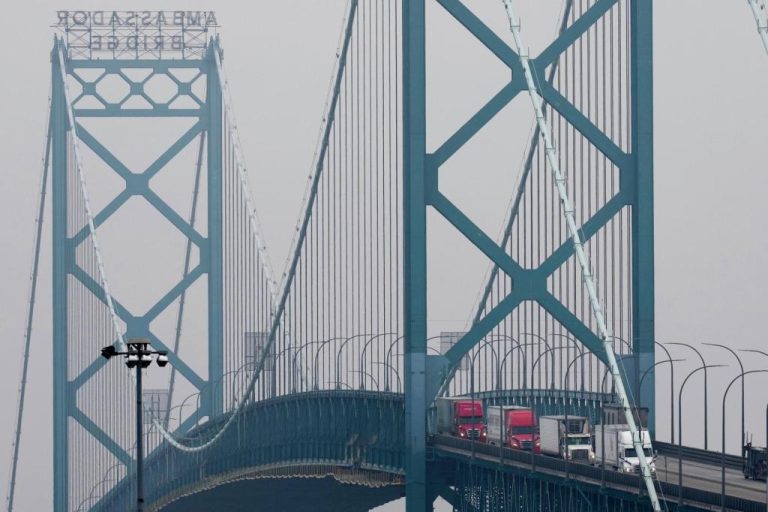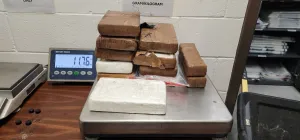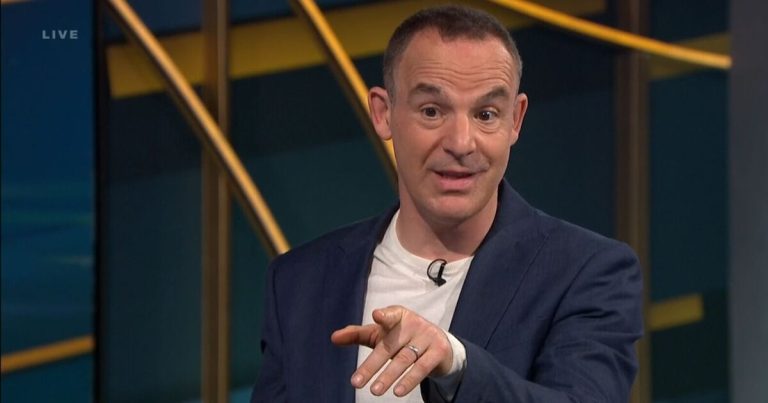Fernando Garcia, a solar energy business owner from Kensington, is running as an independent for the council seat now represented by Sean Elo-Rivera.
To help inform voters, the San Diego Union-Tribune asked all the candidates a series of the same questions about their priorities, positions and campaigns. Their emailed answers have been lightly edited for clarity.
Why are you running, and what makes you the best candidate?
I am running to listen and include all the voices of District 9 in my decisions. I am not running to represent big donors, developers or a political party. I believe it’s time to depoliticize City Hall so we can start focusing on solutions.
I am a father, husband, SDSU graduate, and a small business owner. I know what it’s like to turn an idea into reality. As a small business owner, I have learned that putting the customer first is the key to success. Our elected officials have forgotten that. You are the customer we serve.
District 9 is the most diverse district in the city, and I am best suited to serve this district because I have ties to all parts of the district. My wife was raised in City Heights, and we now live in Kensington. I understand the wants and needs of every part of District 9.
What are the top 3 issues facing this district and the city generally?
1. Infrastructure is No. 1 for me, because when you continuously kick the can down the road and don’t take it seriously, it shows up later in the form of a flood.
2. Homelessness is only getting worse. We currently have a policy of enablement instead of empowerment when it comes to getting people off the streets. Living on the streets cannot be an option. We must shelter first and also centralize our resources to make solving the problem cost-effective.
3. Housing affordability needs to be addressed in a few ways. We must give property tax incentives to homeowners rather than developers who build single ADUs and agree to rent them at affordable rates and target transit areas to build up.
What are the first 3 things you would do in office if elected?
1. Identify locations where we can create a lot of shelter for homeless people and centralize our resources.
2. Start identifying commercial buildings on transit corridors where we should be building up to create housing.
3. Identify areas of city land and property where solar and electric car charging stations can be utilized.
Do you support a 1-cent city sales tax increase? Why or why not?
NO. City Council cannot ask for more money when it’s already shown how badly it’s mismanaged what it already has. If we ask for any tax increases, then we must show where we are saving money elsewhere.
What should the city do to combat its housing crisis? Do you support the city’s controversial Complete Communities developer incentive program?
I do think we should build more and make it easier to build, but we need to do it responsibly and reasonably. I want to offer property tax incentives to homeowners who build single ADUs on their property and agree to rent them at affordable rates. I want to target commercial buildings along our transit corridors and give incentives to build up. I also want to create affordable housing for our city workers.
There are parts of Complete Communities that I agree with, but I am against the way it is currently written.
How should public safety and civil liberties be balanced when it comes to homelessness enforcement, behavioral health policy and police surveillance?
When people live on the streets that means they urinate and defecate on the streets. This is a health hazard for everybody and cannot be tolerated. If we have shelter available they must take it.
We need to also strengthen our conservatorship laws so we can help people with mental illness get the care they deserve.
I am for appropriate police surveillance as long as it comes with checks and balances and safeguards are put in place to make sure nobody’s civil liberties are violated.
Recent flooding has brought new attention to failures of city infrastructure, and how the effects of climate change can disproportionately impact poorer neighborhoods and communities of color. How should the city combat this? And do you support raising the city’s stormwater fee or a similar tax?
I own a solar company, and climate change is the major reason why I got into the business. If we are serious about climate change, then we need to get rid of SDG&E and have our own public utility company that supports residential solar rather than killing it.
The reason poorer neighborhoods get left behind when it comes to infrastructure is because they don’t donate to political campaigns. We need a democracy dollars program that puts money in the hands of voters, so people running for political office can represent the people rather than rich donor neighborhoods.
I don’t support a stormwater fee/tax until we can show we are saving money elsewhere.
The city faces a big budget crunch, along with a nearly $5 billion infrastructure funding shortfall. What services should be cut, where should more revenue be sought, and what else should the city do?
The city needs to look at different ways to finance projects and create revenue. We can lower a lot of our energy costs by promoting solar on city property and buildings. I also want to have charging stations for electric cars on city property to use as a revenue source. We can also leverage the city’s pension plan to buy commercial buildings for city employees to live in at affordable rates.
If we need to cut, it would be all the incentives we give to developers.






